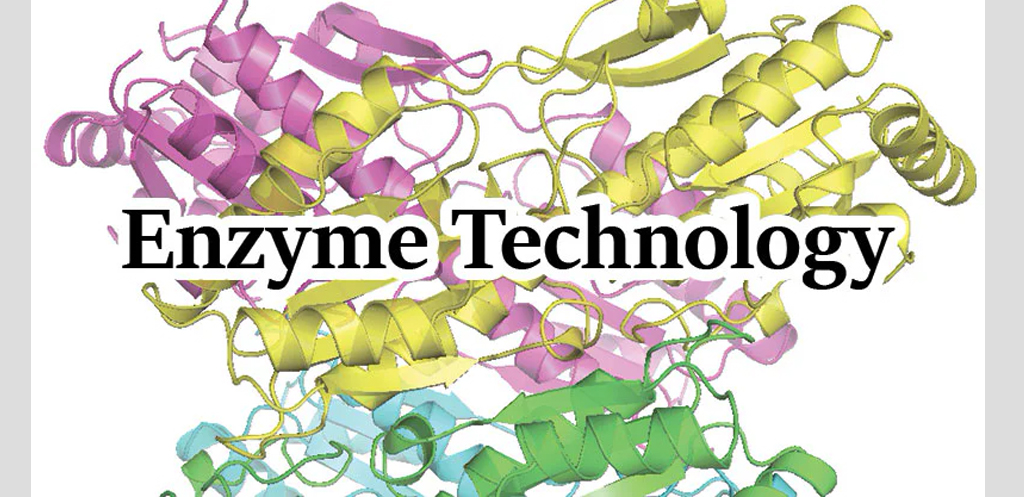Ph.D Biochemistry

A Doctor of Philosophy (Ph.D.) in Biochemistry is an advanced academic degree that focuses on in-depth research and the generation of new knowledge in the field of biochemistry. This program is designed for individuals aiming to pursue careers in research, academia, or specialized roles in industry.
It involves rigorous training in research methodologies, advanced biochemistry topics, and critical thinking.
Course Details
Core Components
Advanced Biochemistry
- Deep dive into topics such as metabolic pathways, enzyme mechanisms, and biochemical signaling.
- Exploration of cutting-edge research and emerging trends in biochemistry.
Research Methodologies
- Training in advanced experimental techniques and research methods.
- Focus on designing experiments, data analysis, and interpretation.
Biochemical Techniques
- Mastery of techniques like mass spectrometry, NMR spectroscopy, X-ray crystallography, and chromatography.
- Application of these techniques to solve complex biochemical problems.
Molecular Biology and Genetics
- In-depth study of molecular biology techniques, gene expression, and genetic engineering.
- Integration of molecular biology with biochemical research.
Bioinformatics
- Use of computational tools for analyzing biological data.
- Techniques for analyzing protein structures, gene sequences, and metabolic networks.
Specialized Seminars and Workshops:
- Participation in seminars, workshops, and conferences to stay updated on the latest research and developments.
- Opportunities to present research findings and receive feedback from peers and experts.
Research Project
Dissertation Research
- Conduct original research on a specific topic within biochemistry.
- Develop and test hypotheses, analyze data, and contribute to the body of knowledge in the field.
- The research culminates in a written dissertation and defense before a committee of experts.
Additional Requirements
- Teaching Assistantships: Many Ph.D. programs require or offer opportunities for teaching undergraduate courses or assisting in labs, providing valuable teaching experience.
- Comprehensive Examinations: Tests to assess knowledge in core biochemistry areas and research readiness.
- Dissertation Defense: Presentation and defense of the research findings before a panel of experts.
Career Opportunities
Academic Researcher/Professor
Role: Conduct research in universities or research institutions, teach undergraduate or graduate courses, and mentor students.
Principal Investigator
Role: Lead research projects in academic or industrial labs, secure research funding, and publish findings in scientific journals.
Biotech and Pharmaceutical Industry Roles
Role: Work in drug discovery, development, and testing. Apply advanced biochemistry knowledge to develop new therapies or optimize existing products.
Clinical Research Scientist:
Role: Conduct research to understand diseases, develop diagnostic tools, and evaluate treatments.
Further Studies
- Postdoctoral Research: Further specialization in a specific research area, contributing to high-impact research projects.
- Professional Development: Opportunities to acquire additional skills in management, communication, or interdisciplinary fields.
A Ph.D. in Biochemistry prepares graduates for leadership roles in research, academia, industry, and beyond. It offers the opportunity to make significant contributions to the field through innovative research and provides a strong foundation for a variety of specialized careers.
Biotechnology Consulting
Role: Provide expertise to biotech companies or organizations on biochemical processes, product development, and strategic planning.
Environmental Biochemist:
Role: Study the impact of biochemical processes on the environment, develop bioremediation strategies, and address environmental challenges.
Government or Regulatory Agencies
Role: Work in agencies such as the FDA or NIH to develop guidelines, evaluate new products, and ensure compliance with regulations.
Science Communication and Policy
Role: Communicate scientific research to the public, policymakers, and other stakeholders. Work in science journalism, policy analysis, or advocacy.
Skills Developed
- Research Proficiency: Advanced skills in experimental design, data analysis, and critical thinking.
- Technical Expertise: Mastery of sophisticated biochemical techniques and tools.
- Problem-Solving: Ability to tackle complex scientific questions and develop innovative solutions.
- Communication: Effective presentation and publication of research findings, and ability to explain complex concepts to diverse audiences.
- Project Management: Skills in managing large research projects, including time management, funding, and collaboration.
